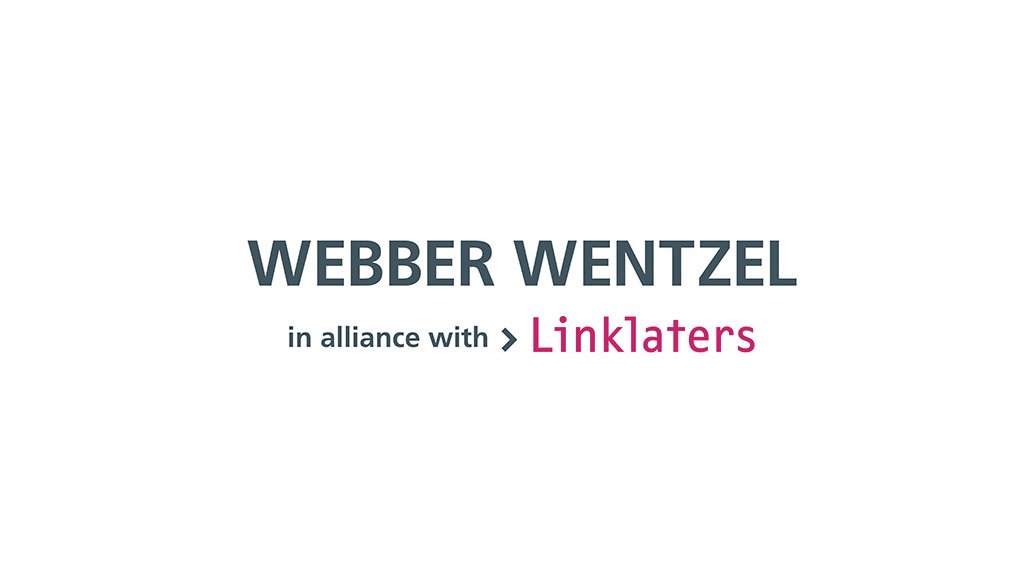National Treasury has released proposed amendments to the Income Tax Act to encourage taxpayers to invest in alternative energy generation as a matter of urgency.
With loadshedding showing no signs of abating, South Africa’s electricity crisis remains front of mind for both the government and ordinary South Africans. While there is a dire need to find alternative electricity sources, to drive this, buy-in incentives are essential.
Recognising this need, in his 2023 Budget Speech, Finance Minister Enoch Godongwana promised to incentivise investments in renewable energy. These incentives are intended to address South Africa’s current shortage of generation capacity and help it meet its climate change commitments.
The current legislative framework already contains provisions to encourage private investment in the renewable energy sector. Yet, the government intends to supercharge this investment with the introduction of a new section 12BA into the Income Tax Act 58 of 1962 (Income Tax Act).
National Treasury proposes to amend the Income Tax Act to allow for a deduction of 125% of the qualifying costs of any new and unused renewable energy-generating assets acquired by a taxpayer for the purpose of his/her trade, which are brought into first-time use between 1 March 2023 and 1 March 2025.
As it stands, Section 12B of the Income Tax Act allows taxpayers to deduct, on a 50%|30%|20% basis over three years, the qualifying cost of assets owned by the taxpayer – or acquired by the taxpayer under an instalment credit agreement – and brought into use for the first time, for the purpose of that taxpayer's trade. These assets must generate electricity from the following renewable energy sources:
- wind;
- solar energy above 1 megawatt (MW);
- hydropower not exceeding 30 MW; and
- biomass.
In addition, section 12B(1)(h)(ii)(bb) of the Income Tax Act, read with section 12B(2)(b), provides for a 100% deduction of the qualifying cost of a solar PV generating installation owned by the taxpayer – or acquired by the taxpayer under an instalment credit agreement – and brought into use for the first time for the purposes of that taxpayer's trade, provided that the energy generated from that solar installation does not exceed 1 MW.
The proposed addition of section 12BA into the Income Tax Act would now temporarily enhance the tax incentive already contained in section 12B. It should:
(i) entice businesses who would not otherwise invest in renewables to do so; and
(ii) encourage businesses that were planning to invest in renewables to invest sooner rather than later, to help alleviate pressure on the national electricity grid.
The amended section 12BA allows taxpayers to claim a deduction of 125% over one year for the qualifying costs of assets which generate power from:
- wind;
- solar energy (both PV and concentrated);
- hydropower; or
- biomass.
Making this incentive that much more appealing, there is no cap on the generation capacity of the asset.
To qualify for this deduction, one must meet the following requirements:
- The taxpayer claiming the deduction must own the power-generating asset or that asset must have been acquired by the taxpayer as purchaser under an agreement contemplated in para (a) of the definition of "instalment credit agreement" in section 1 of the Value-Added Tax Act 89 of 1991.
- The assets for which the deduction is being claimed must be "new and unused" which, according to National Treasury, means that they cannot be second hand and must have been recently acquired by the taxpayer.
- The asset must be brought into use for the first time between 1 March 2023 and 1 March 2025.
- The asset must be used in the production of income, which includes leasing it in terms of an "operating lease" as defined in section 23A of the Income Tax Act.
- The asset cannot be leased by the taxpayer as lessor – except under an operating lease as described above – unless (i) the lessee derives income from trade under such lease; and (ii) the lease in question is for a period of at least five years or less if it is shown by the taxpayer to be the useful life of the asset.
It is important to note that taxpayers claiming a deduction under section 12BA cannot claim a deduction under section 12B as well. If the taxpayer disposes of the asset on or before 1 March 2026, the deduction granted under 12BA will have to be paid back.
Although the new incentive in Section 12 BA is welcomed and desperately needed, one has to ask: Will this be a proverbial plug in the hole, or will it lead to the desperately needed buy-in from private sector to invest in alternative electricity generation?
Written by Nirvasha Singh, Partner, & Sakiwe Canca, Candidate Attorney at Webber Wentzel
EMAIL THIS ARTICLE SAVE THIS ARTICLE ARTICLE ENQUIRY
To subscribe email subscriptions@creamermedia.co.za or click here
To advertise email advertising@creamermedia.co.za or click here











